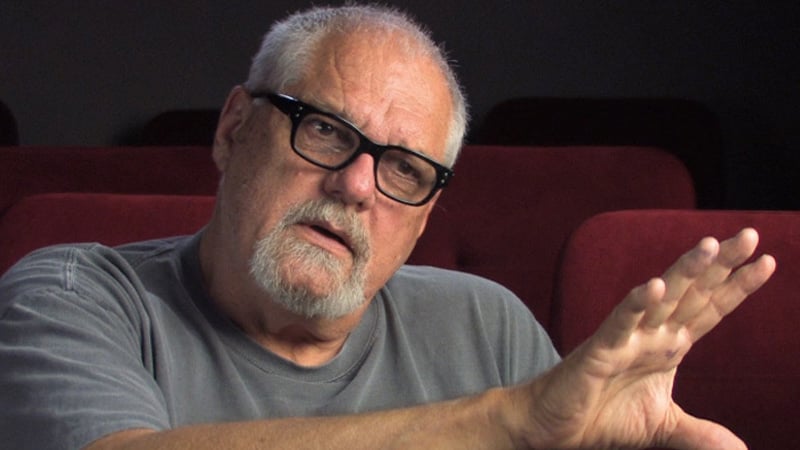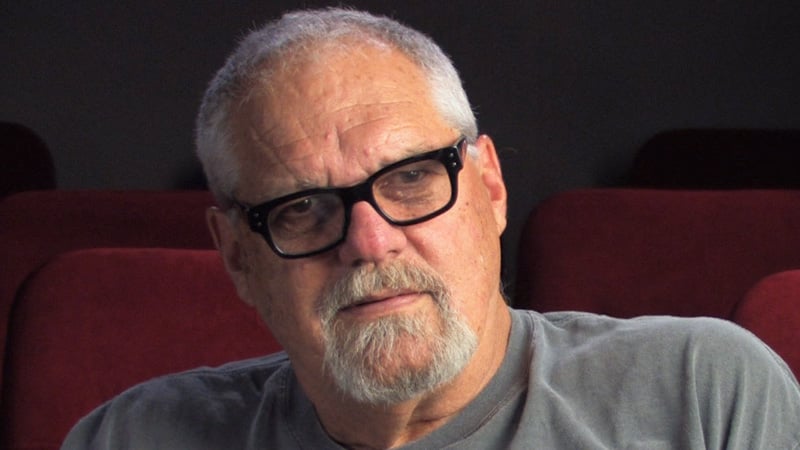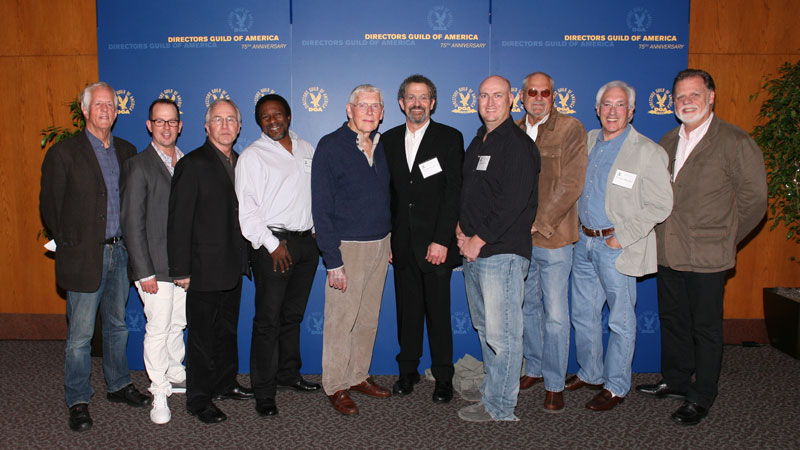Los Angeles – Directors Guild of America (DGA) President Lesli Linka Glatter made the following statement upon learning of the passing of Director Rod Holcomb:
“The DGA deeply mourns the passing of Rod Holcomb - a visionary Director whose impact on television direction and the creative rights of television Directors cannot be overstated. Rod’s influence as a pilot Director on shows like China Beach and ER among many others, resonated deeply with Directors and audiences alike, leaving a cultural imprint. His pioneering use of Steadicam and other techniques brought a more cinematic style to television, helping establish a visual aesthetic that continues today. Yet his legacy stretches far beyond the lens. By dedicating himself to Guild service – including serving on seven Negotiating Committees and serving as the co-chair of the Television Creative Rights Committee – Rod fought to enshrine important protections so television Directors could bring their own dynamic visions to life unfettered. We will miss his warm, steadfast presence and know his caring leadership and directorial mastery will continue inspiring Directors for generations. Our deepest condolences to his wife, Jane and his family.”
DGA Service and Awards:
An active member of the Directors Guild, Holcomb served on the National Board as an alternate from 2003-2013, and the Western Directors Council as a member or alternate from 1995-2012. He was appointed to the 1996, 1999, 2002, 2005, 2008, 2011, and 2014 Negotiating Committees, and was the co-chair of the Television Creative Rights Committee. He was also an active member of the DGA’s Political Action Committee and Movies for Television Committee.
For his directorial efforts, Holcomb was nominated for three DGA Awards for his work on China Beach, ER, and The Pentagon Papers and won the award for the pilot of ER in 1995. He was also nominated for four Primetime Emmys, winning for the series finale of ER in 2009.
Career Biography:
Rod Holcomb studied film at San Francisco State, having been influenced by the visual look of French and Italian Directors of the 1960s. After making several student films on his 16 mm camera, Holcomb decided to move to Los Angeles where he obtained a job in the mailroom of ABC Studios. While there he was asked to write a promo for the series The Six Million Dollar Man which was well liked by the network. Holcomb was hired as associate producer on the series, leading to his hiring as Director for several episodes. After the show ended its run, Holcomb directed the original Captain America film in 1979.
Throughout the rest of the 1970s and 1980s, Holcomb primarily directed for television; including Battlestar Galactica, B.J. and the Bear, Quincy M.E., Fantasy Island, Beyond Westworld, Hill Street Blues, The Greatest American Hero, The Quest, and the pilots of The A-Team, Scarecrow and Mrs. King, The Equalizer, Wiseguy and China Beach.
Throughout the 1990s, Holcomb worked almost exclusively in movies for television such as A Promise to Keep (1990), Silverfox (1991), Finding the Way Home (1991), A Message From Holly (1992), Donato and Daughter (1993), Royce (1994), Convict Cowboy (1995), The Prosecutors (1996), The Underworld (1997) Thanks of a Grateful Nation
(1998), Songs in Ordinary Time (2000), Hopewell (2000), The Pentagon Papers (2003), Code Breakers (2005), Bounty Hunters (2005), and The Way (2006). He also directed the feature film Chains of Gold in 1991.
During the 2000s, Holcomb returned to television series, directing episodes of the series The District, The Education of Max Bickford, The Lyon’s Den, The West Wing, Invasion, Shark, Moonlight, Lost, Numb3rs, NCIS: Los Angeles, Justified, The Good Wife, The Defenders, CSI: Miami, Law & Order: LA, Rizzoli & Isles, Elementary, and Ironside.
During his career, Holcomb directed 21 pilots with 15 going to series. One of his signature accomplishments is having directed both the pilot and series finale of the long-running medical drama ER.
Click here to view Rod Holcomb's DGA Visual History interview.







